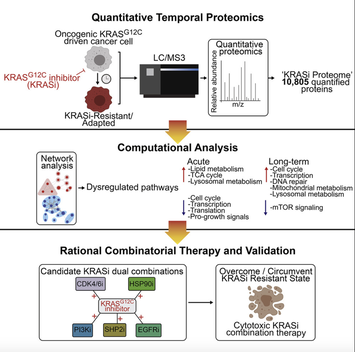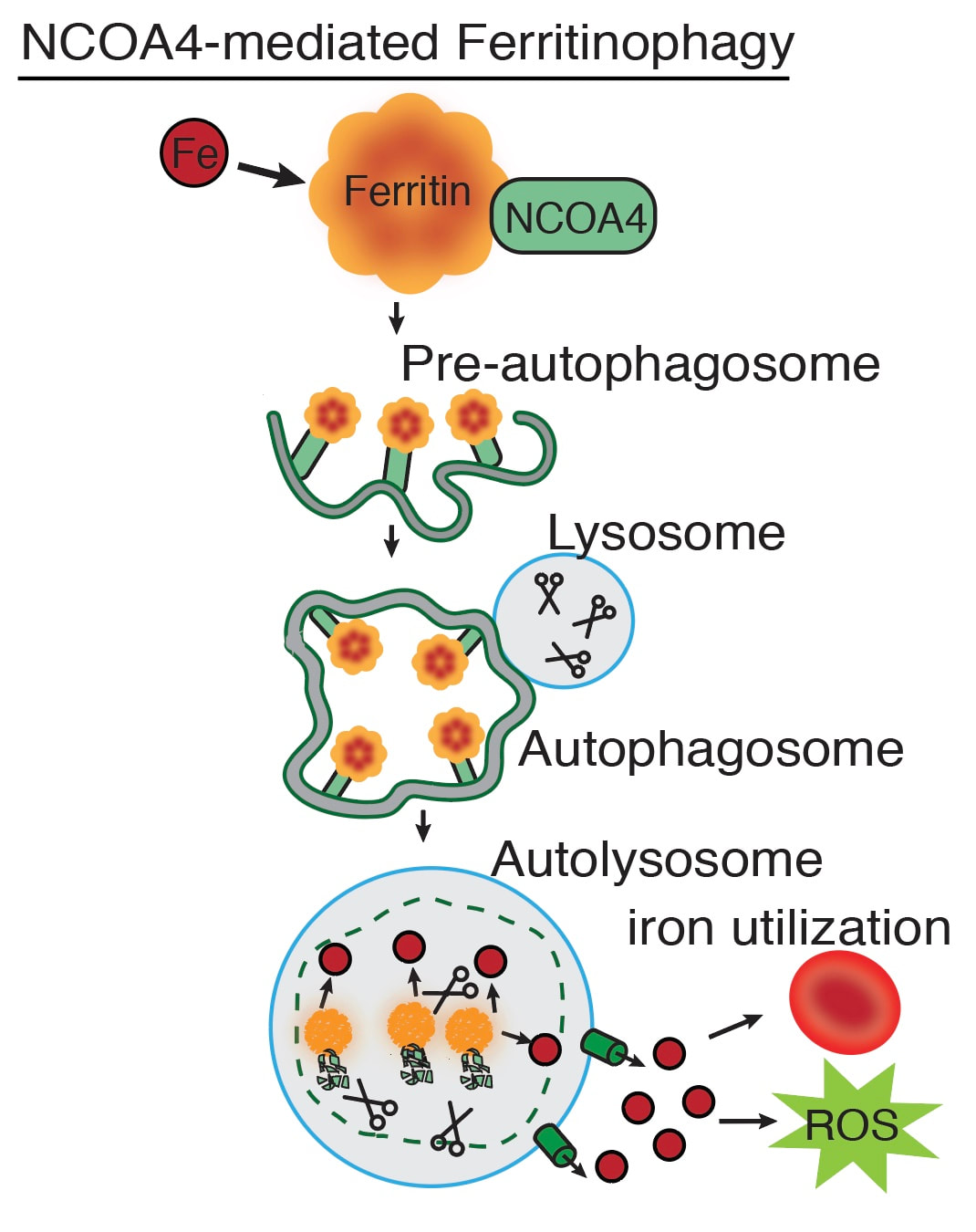
In this study, we quantified 10,805 proteins, representing the most comprehensive KRASi proteome (https://manciaslab.shinyapps.io/KRASi/). Our data reveal common mechanisms of acute and long-term response between KRASG12C-driven tumors. Based on these proteomic data, we identify potent combinations of KRASi with phosphatidylinositol 3-kinase (PI3K), HSP90, CDK4/6, and SHP2 inhibitors, in some instances converting a cytostatic response to KRASi monotherapy to a cytotoxic response to combination treatment. Overall, using quantitative temporal proteomics, we comprehensively characterize adaptations to KRASi and identify combinatorial regimens with potential therapeutic utility.


 RSS Feed
RSS Feed